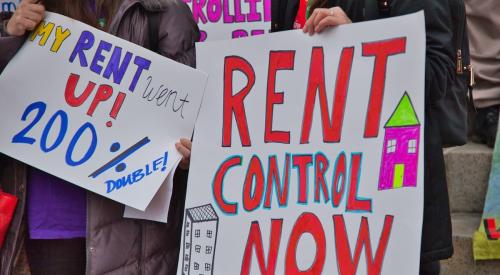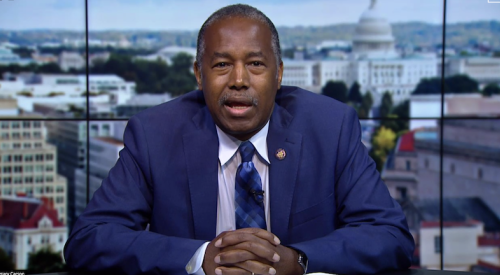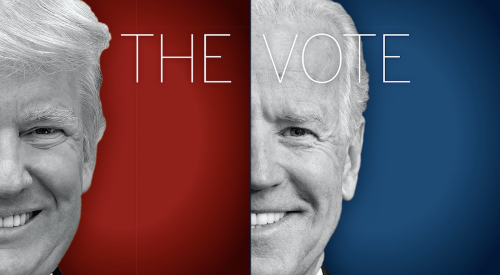When a crisis appeared on the horizon, housing continually bounced back, but there’s another problem getting closer: a lack of affordable housing. The level of Americans behind on their mortgages has returned to pre-pandemic levels, and a wave of foreclosures and evictions never developed. Harvard’s Joint Center for Housing says the pandemic's disproportionate effects on Americans caused a split in the housing market. On one end, buyers are rushing to purchase while the other half struggles with debt and may lose their homes. The New York Times reports that though government aid has helped disproportionately affected Americans stay afloat, it will take even more to support a recovery in line with the broader economy.
As the U.S. job market recovers and businesses and schools move toward normal operation, political leaders are debating how fast to pull back the emergency supports that helped companies and workers weather the pandemic. That includes the various eviction moratoriums that, despite ample loopholes and patchy enforcement, were instrumental in keeping tenants in their homes.
At the peak last year, the majority of states and several large cities including New York, Los Angeles and Seattle had some sort of heightened eviction protection in place, though the degree of protection varied widely. Many of those safeguards have expired over the past few months, and the federal eviction moratorium issued by the Centers for Disease Control and Prevention in September is set to lapse at the end of the month.
While a big new wave of evictions seems unlikely, the end of the federal freeze has injected uncertainty into tenants’ lives and tilted the balance of power back in the favor of landlords. Tenants’ rights groups have begun pushing the Biden administration for a one- to two-month extension of the freeze to account for widespread delays in the processing and distribution of federal emergency housing aid. The administration is weighing an extension but has signaled it would be contingent on public health considerations, not the housing market.













